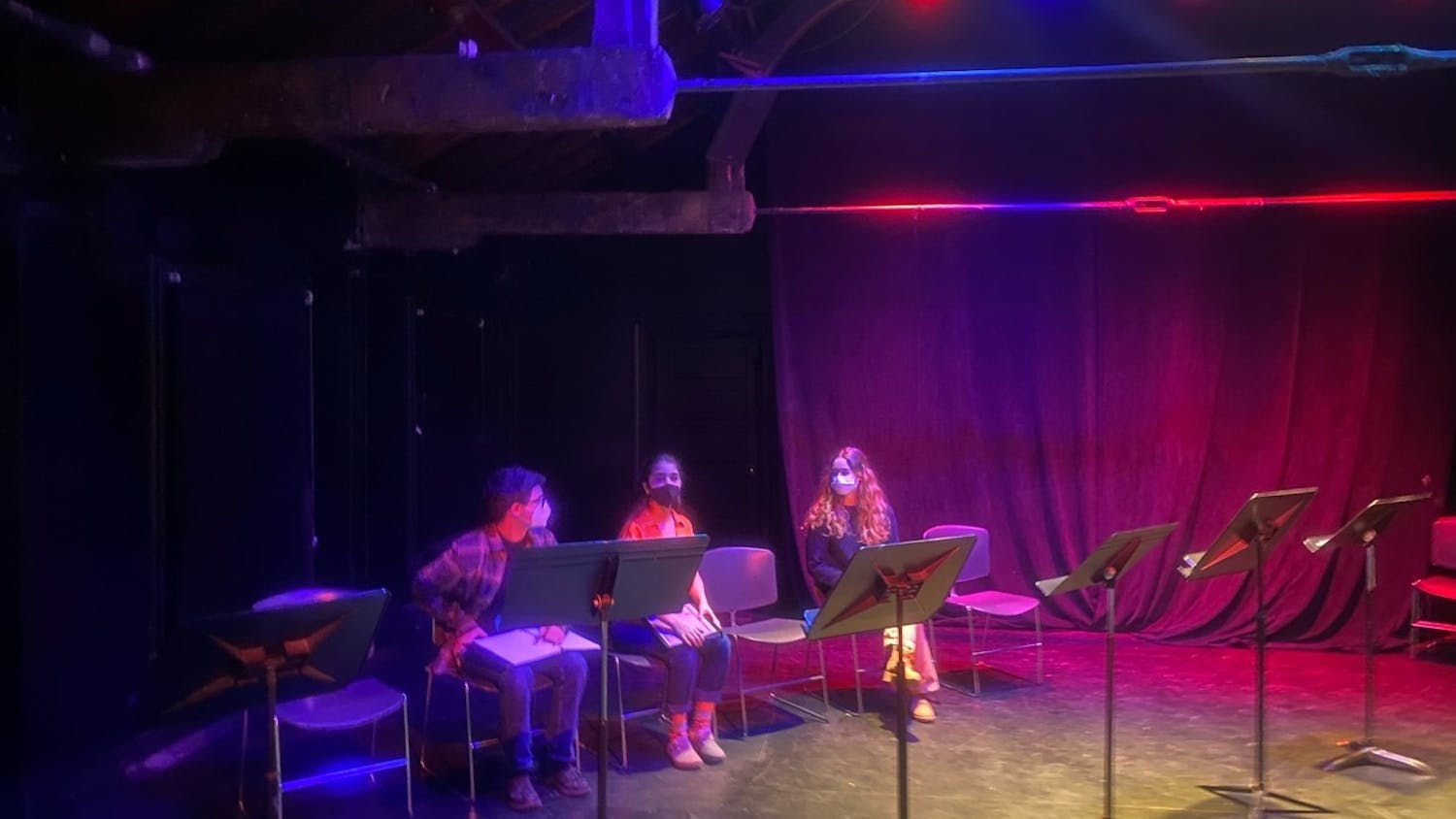Corresponding with Valentine’s Day, February is Healthy Relationship Action Month. It is meant to encourage a focus on creating caring connections that help to foster positive mental and physical health. The support that positive relationships (romantic, platonic or otherwise) can provide has been proven to buffer stress, encourage the pursuit of opportunities and create a greater sense of meaning and purpose. As MiddSafe Advocates, promoting healthy relationships is a key element of our advocacy work. We hope to encourage positive relationships to prevent and mitigate the harms that can come from unhealthy behaviors in relationships. Unhealthy relationships can cause feelings of isolation, and if negative behaviors escalate the relationship can become abusive and all-consuming. For as much as healthy relationships can foster growth and self-embetterment, unhealthy relationships can make one feel trapped and can establish damaging patterns that are difficult to break. This month is a chance to celebrate healthy connections and good communication in all of your relationships.
Signs of a healthy relationship
Healthy relationships allow those in the relationship to feel supported and connected while still being independent. They rely on clear and open communication, compromise, honesty, trust and respect. They require equal effort from all parties, and a willingness to work through issues with care and consideration. Healthy relationships should bring out the best in you and make you feel good about yourself. No relationship is perfect, but below are some characteristics to strive for in all relationships.
Characteristics and behaviors of a healthy relationship:
- Comfortable Pace: the relationship moves at a pace that feels good for all
- Honesty: you feel like you can be candid without fear
- Respect: everyone’s beliefs and opinions are valued, and you feel loved for being who you are in all that you are
- Kindness: you are caring and empathetic to one another and provide comfort and support
- Healthy conflict: issues are discussed openly, respectfully and non-judgmentally
- Trust: confidence that nothing will be done to hurt you or the relationship
- Independence: there is space to be yourself outside the relationship
- Equality: the relationship feels balanced, and everyone puts in the same effort
- Taking Responsibility: owning up to your mistakes, actions and words
- Fun: you enjoy spending time together and bring out the best in each other
Signs of a potentially unhealthy relationship
Unhealthy relationships involve one or more parties exhibiting behaviors that are not founded in mutual respect. Unhealthy relationships are not necessarily abusive relationships, but it is important to examine these behaviors in yourself and in your relationship so that they do not escalate to further harm. Unhealthy relationships aren’t limited to romantic relationships. Friendships, relationships with family members and other bonds can also exhibit unhealthy characteristics. Knowing signs of unhealthy relationships and striving towards characteristics of healthy relationships can help keep yourself and others safe. Everyone deserves to be treated with respect and to feel safe and happy in their relationships. If you notice yourself or others exhibiting one or more of these behaviors, if it feels safe, it is important to address them in an honest and respectful conversation. If you think you are in a dangerous situation, trust your gut and reach out for help.
Some signs of unhealthy relationships to look out for include:
- Intensity: when someone expresses very extreme feelings and over-the-top behavior that feels overwhelming
- Manipulation: when someone tries to control your decisions, actions emotions
- Sabotage: when someone purposely ruins your reputation, achievements or success
- Guilting: when someone makes you feel responsible for their actions or makes you feel like it is your job to make them happy
- Deflecting Responsibility: when someone repeatedly makes excuses for their unhealthy behavior
- Possessiveness: when someone is jealous to a point where they try to control who you spend time with and what you do
- Isolation: when someone keeps you away from friends, family, or other people
- Belittling: when someone does and says things to make you feel bad about yourself
- Volatility: when someone has a really strong, unpredictable reaction that makes you feel scared, confused or intimidated
- Betrayal: when someone is disloyal or acts in an intentionally dishonest way
What MiddSafe is and what we do
MiddSafe is an advocacy group, started in 2014, dedicated to supporting students who have experienced sexual misconduct, dating violence, stalking and other issues of interpersonal violence at Middlebury. We are a confidential resource for Middlebury students in need of support and information. MiddSafe advocates operate a 24/7 hotline while classes are in session, but are also (pending the lifting of certain Covid-19 restrictions) typically available for in-person meetings. As empathic listeners, advocates offer a safe, non-judgmental support system for students in both emergency and non-crisis situations. We are state-certified rape crisis workers trained to guide students through resources on a local, state and national level.
If you or someone you know is experiencing violence, abuse, stalking or is struggling in an unhealthy relationship, please seek out one or more of the below resources:
MiddSafe
(802) 377-0239
MiddSafe’s Online Advocate
go/onlineadvocate
Survivor Toolkit
go/survivortoolkit
WomenSafe (Addison County Sexual Violence Crisis Line)
(802) 388-4205
RAINN (Rape, Abuse, Incest National Network)
(800) 656-4673



